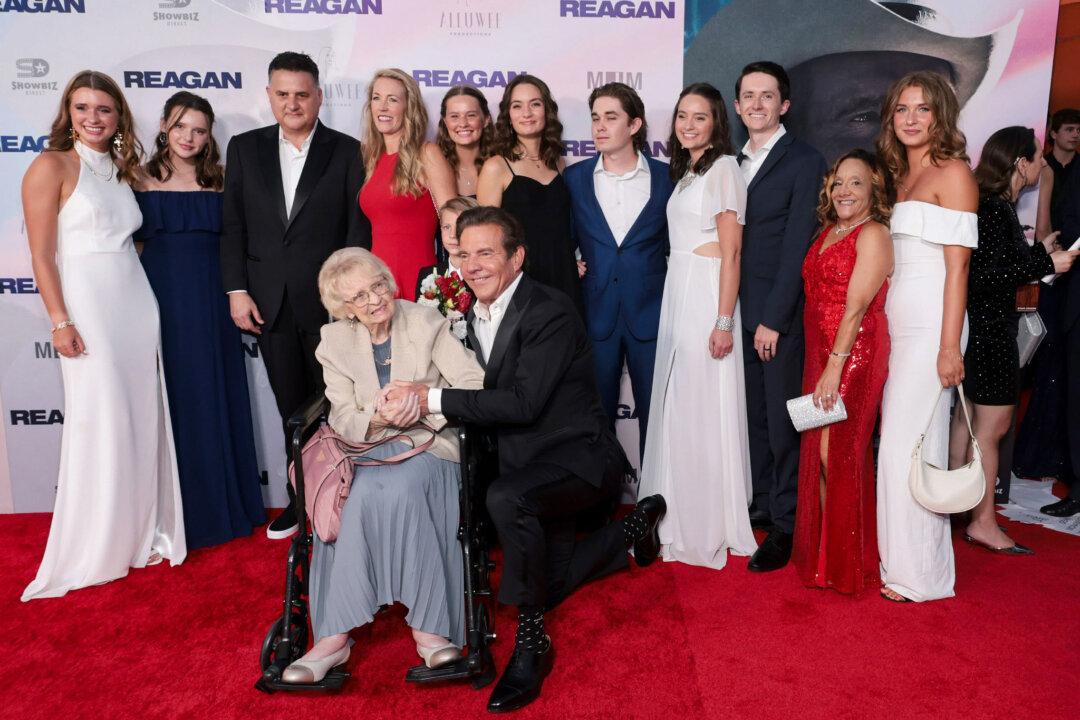Rick Harrison, a television personality known for his role in “Pawn Stars,” has voiced scathing criticism against U.S. border policies amid a surging fentanyl crisis, a tragedy that hit close to home with the recent death of his 39-year-old son, Adam, due to a fentanyl overdose.
In an interview with Fox News Digital, Mr. Harrison expressed his deep grief over the loss of his son and lauded former President Trump for his stance on combating the crisis. “He’s an incredible individual,” Harrison remarked of Trump, highlighting the former president’s commitment to addressing the issue.





